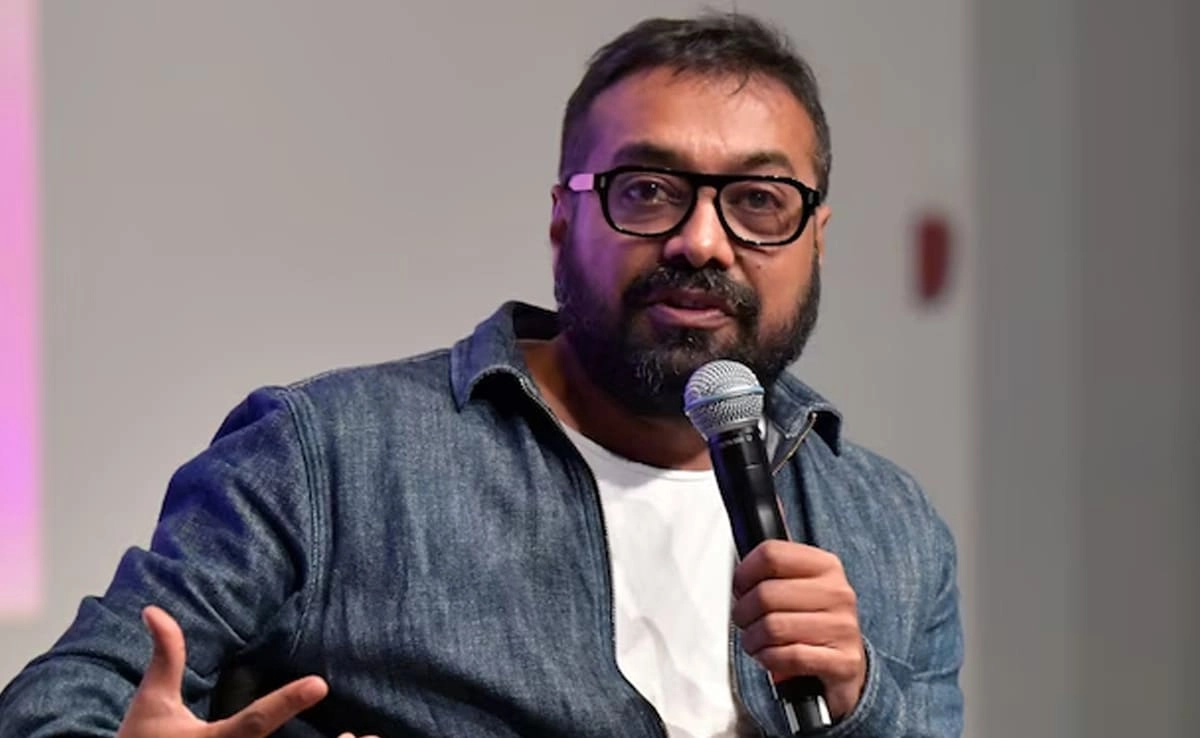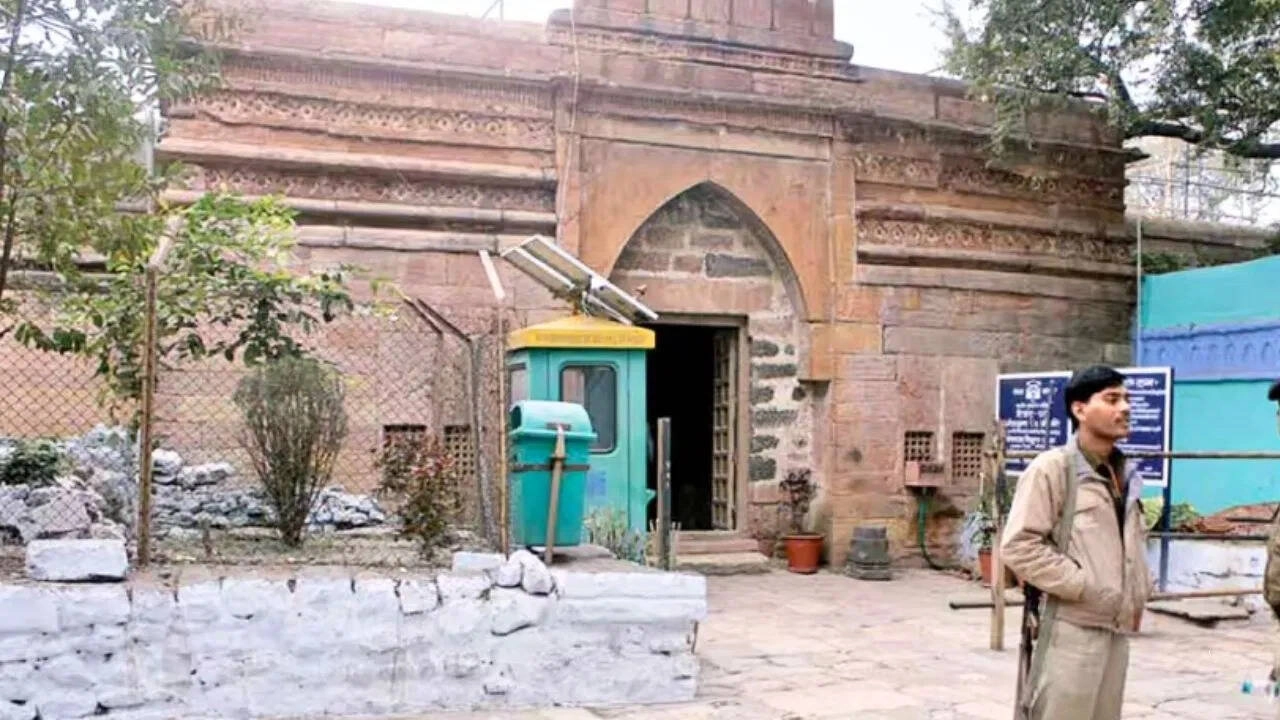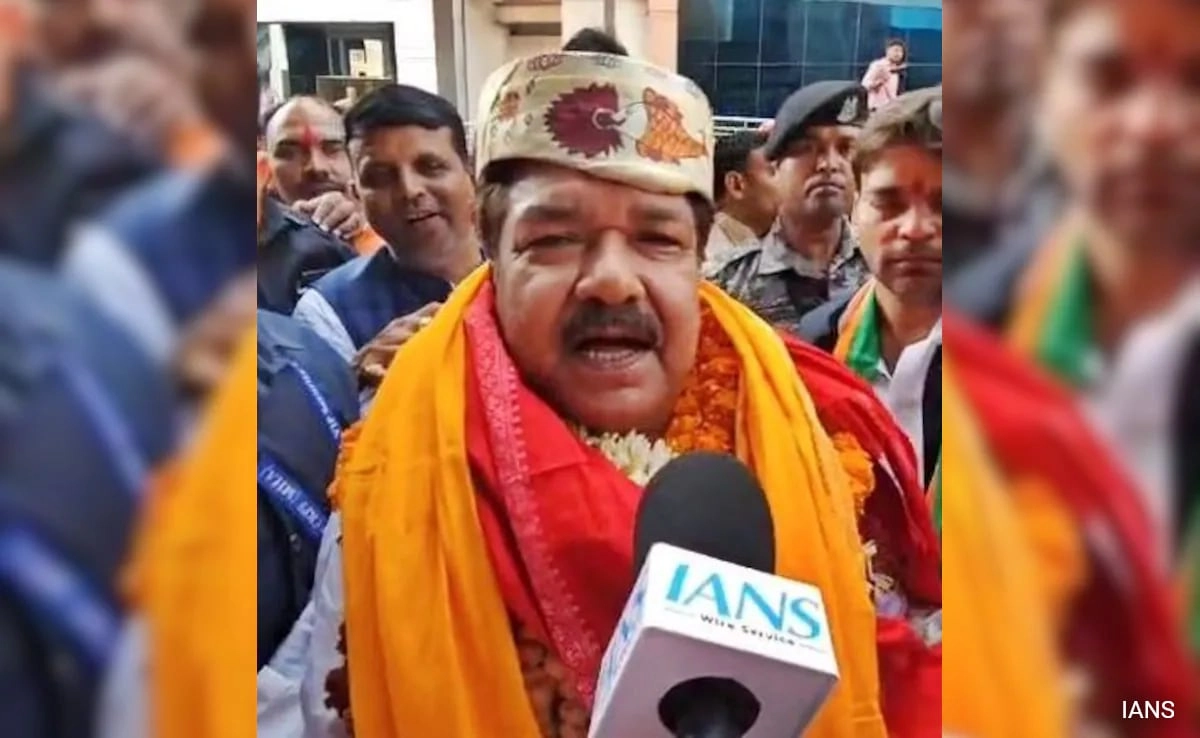A complaint has been lodged against renowned filmmaker Anurag Kashyap, alleging that he made casteist remarks during a recent public event. The accusation has stirred considerable controversy, reflecting ongoing societal tensions surrounding caste dynamics in India. Kashyap, known for his bold and often provocative storytelling, has frequently engaged with social issues through his films. However, this incident has prompted backlash from various quarters, leading to discussions about accountability and the responsibilities of public figures when it comes to sensitive topics such as caste.
The complaint, filed by a social activist, claims that Kashyap’s comments were not only derogatory but also perpetuated harmful stereotypes associated with certain caste groups. This allegation has reignited debates about the intersection of art, free speech, and social responsibility in the Indian context. Supporters of the filmmaker argue that his intent was misinterpreted, emphasizing that his body of work often critiques societal norms, including caste discrimination. Conversely, critics assert that public figures must be mindful of their words, especially when addressing issues that have historically marginalized certain communities.
This incident comes at a time when India is grappling with the complexities of caste-related issues, with various movements advocating for the rights and recognition of marginalized groups. The rise of social media has amplified voices calling out perceived injustices, making it easier for individuals to hold influential figures accountable. As the complaint against Kashyap unfolds, it may serve as a pivotal moment for discussions about caste, representation, and the power of narrative in shaping public perception.
As the situation develops, it will be crucial to observe how Kashyap and other filmmakers respond to the backlash. The entertainment industry, particularly in India, plays a significant role in shaping cultural narratives, and the reactions to this complaint could influence creative expression in the future. Whether this leads to a broader conversation about caste and representation in films remains to be seen, but it highlights the ongoing struggle for social equity and the need for sensitivity in public discourse.




